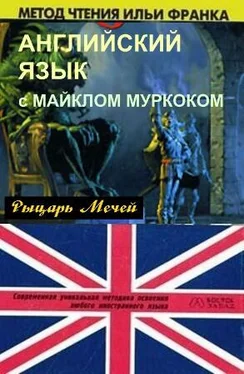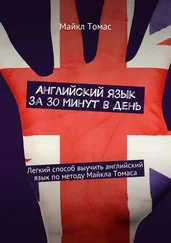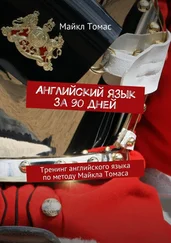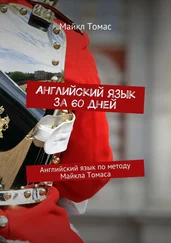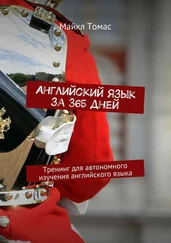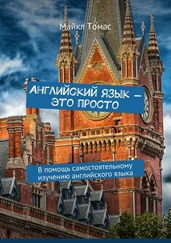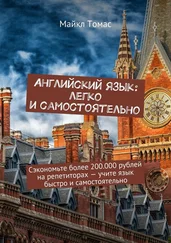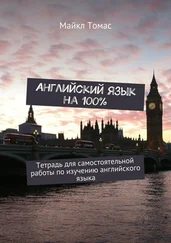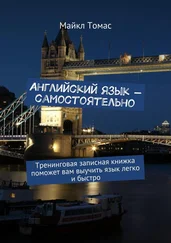`I have it in mind to complete my symphony (я думаю: «имею это в уме» закончить свою симфонию), Prince Corum said. `That will take another day or so (это займет еще один день или около того; to take — брать, получать, требовать /времени, сил и т. д. / ). I will leave on the morning after the day I finish it (я отправлюсь на утро после дня, /когда/ закончу ее = на следующее утро).
Prince Khlonskey nodded his old head in satisfaction (кивнул своей старой головой удовлетворенно: «в удовлетворении»).
`Thank you, my son (спасибо, сын мой).
embroidered [ɪmˈbrɔɪdɪd] delicate [ˈdelɪkɪt] ultimately [ˈʌltɪmɪtlɪ] symphony [ˈsɪmfənɪ]
His father turned to leave the chamber, his staff of ruby and platinum tapping softly on the richly embroidered cloth covering the flagstones, his delicate hand clutching it more tightly than usual. `Complacency is one thing, he said, `and fear of an impossible doom is another. Both, of course, are ultimately destructive. We need speculate no more, for on your return you may bring us answers to these questions. Answers that we can understand. When would you leave?
`I have it in mind to complete my symphony, Prince Corum said. `That will take another day or so. I will leave on the morning after the day I finish it.
Prince Khlonskey nodded his old head in satisfaction.
`Thank you, my son.
When he had gone (когда он ушел; to go-went-gone [ɡɔn] ), Prince Corum returned his attention to his music (принц Корум вернул свое внимание = вернулся к музыке), but he found (но обнаружил) that it was difficult for him to concentrate (что было сложно ему: «для него» сконцентрироваться). His imagination began to focus on the quest (его воображение начало сосредоточиваться на путешествии; quest — поиск, поиски ) he had agreed to undertake (/которое/ он согласился предпринять). A certain emotion took hold of him (определенное чувство овладело им; certain — точный, определенный; некий; to take hold of ). He believed that it must be excitement (он решил, что это, должно быть, волнение; to believe — верить, полагать; excitement — возбуждение, волнение ). When he embarked on the quest (когда он отправится в это путешествие; to embark on — начинать, приступать к ), it would be the first time in his life (это будет первый раз: «первое время» в его жизни) that he had left the environs of Castle Erorn (когда он покинет окрестности замка Эрорн). He attempted to calm himself (он попытался успокоиться: «успокоить себя»; to calm — стихнуть; успокоить/ся/ ), for it was against the customs of his people (потому что это было вопреки обычаям его народа; people — люди, народ, нация ) to allow an excess of emotion (позволять /себе/ избыток чувств).
`It will be instructive (будет познавательно; instructive — поучительный, полезный, наглядный ), he murmured to himself (прошептал он себе), 'to see the rest of this continent (увидеть остальную /часть/ этого материка). I wish that geography had interested me more (я желаю, чтобы география интересовала меня больше = жаль, что я не увлекался географией /раньше/). I scarcely know (едва знаю) the outlines of Bro-an-Vadhagh (очертания Бро-ан-Вадага), let alone the rest of the world (не говоря /уже/: «оставляя в покое» об остальных /частях/ мира). Perhaps I should study (возможно, мне следует изучить) some of the maps (некоторые из карт) and travellers' tales in the library (и записки путешественников, /хранящиеся/ в библиотеке; tale — рассказ, сказка, история ). Yes, I will go there tomorrow (отправлюсь туда завтра), or perhaps the next day (или, может быть, на следующий день = послезавтра).
quest [kwest] excitement [ɪkˈsaɪtmənt] environs [ɪnˈvaɪ (ə) rənz] excess [ˈeksəs] instructive [ɪnˈstrʌktɪv] geography [ʤɪˈɔɡrəfɪ] library [ˈlaɪbrərɪ]
When he had gone, Prince Corum returned his attention to his music, but he found that it was difficult for him to concentrate. His imagination began to focus on the quest he had agreed to undertake. A certain emotion took hold of him. He believed that it must be excitement. When he embarked on the quest, it would be the first time in his life that he had left the environs of Castle Erorn. He attempted to calm himself, for it was against the customs of his people to allow an excess of emotion.
`It will be instructive, he murmured to himself, 'to see the rest of this continent. I wish that geography had interested me more. I scarcely know the outlines of Bro-an-Vadhagh, let alone the rest of the world. Perhaps I should study some of the maps and travellers' tales in the library. Yes, I will go there tomorrow, or perhaps the next day.
No sense of urgency filled Prince Corum (никакое чувство безотлагательности не наполняло принца Корума = Корум не спешил; urgency — срочность, крайняя необходимость ), even now (даже теперь). The Vadhagh being a long-lived people (вадаги были долголетними людьми = долгожителями), they were used to acting at leisure (они привыкли действовать не спеша; to be used to — привыкнуть; to act — действовать; поступать, вести себя; at leisure — на досуге, не спеша ), considering their actions before performing them (продумывая свои действия перед совершением их = перед тем, как совершить их; to consider — рассматривать, обдумывать; to perform — выполнять, совершать ), spending weeks or months in meditation (проводя недели или месяцы в медитации) before embarking on some study or creative work (прежде, чем приступить к какому-нибудь /научному/ исследованию или творческой работе; study — изучение, исследование; учеба, наука ).
Prince Corum then decided to abandon his symphony (решил бросить свою симфонию; to abandon — покидать, оставлять, прекращать /делать что-либо/ ) on which he had been working (над которой работал) for the past four years (последние четыре года). Perhaps he would take it up again on his return (возможно, он продолжит ее снова по возвращении; to take up — поднимать, снимать; браться /за что-то/, продолжать /начатое/ ), perhaps not (возможно, нет). It was of no great consequence (это было не большой важности = не так уж и важно; consequence — /по/следствие, результат, значимость ).
Читать дальше
